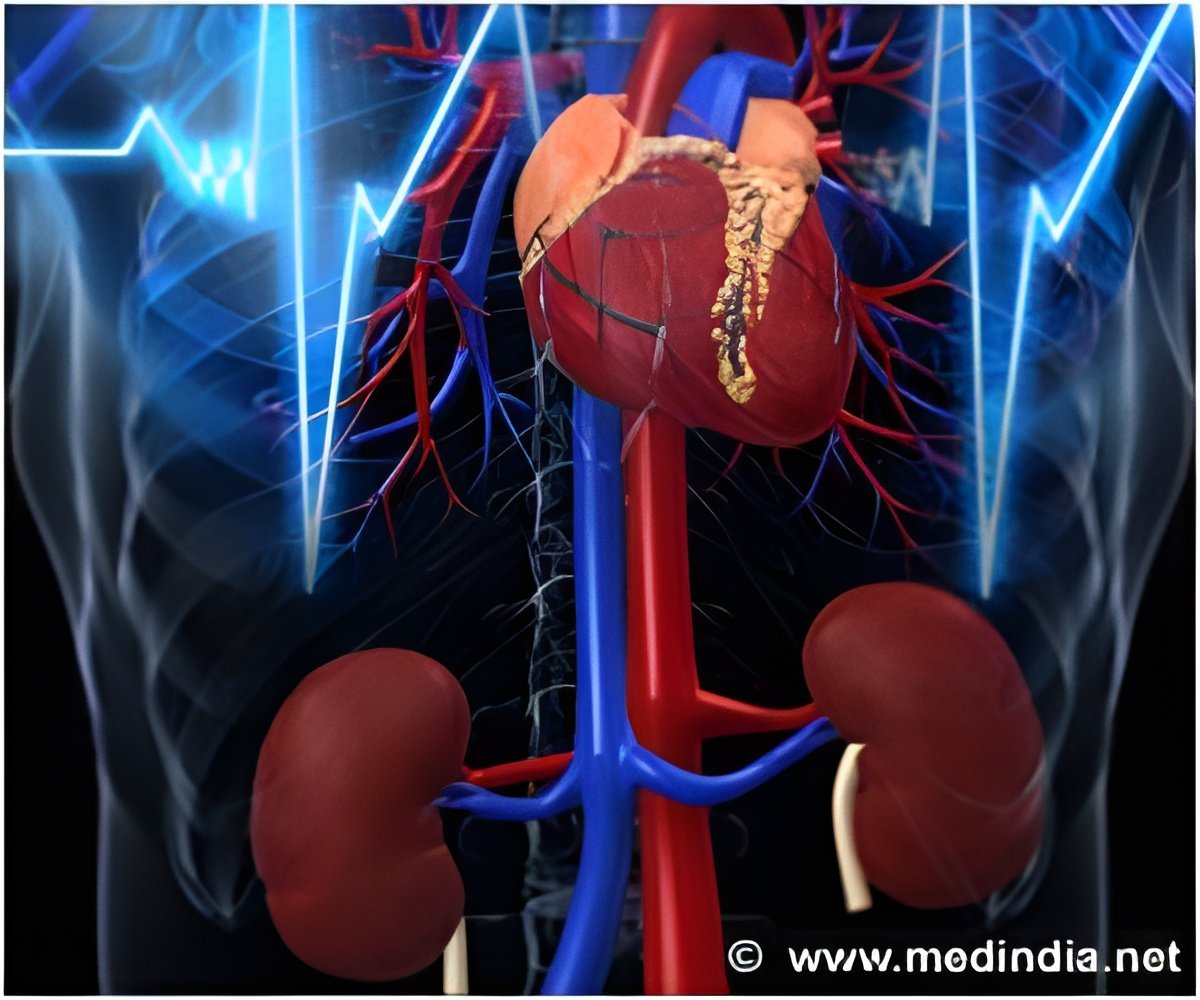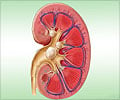New research has indicated that a drug called Rituximab may help patients with antiphospholipid antibodies (aPLs) who suffer from aPL-related clinical problems.

"This is the first study to systematically analyze rituximab in aPL-positive patients. Rituximab may have a role in treating a subgroup of aPL patients," said Doruk Erkan, M.D., senior author of the study, and an associate attending rheumatologist at Hospital for Special Surgery in New York City.
For years, researchers have known that aPLs can increase the production of certain proteins that can cause inflammation and the formation of clots. While some aPL-positive individuals are perfectly healthy, others are classified as having antiphospholipid syndrome (APS) and have venous thrombosis, arterial thrombosis or fetal loss. Patients with so-called "non-criteria APS manifestations" can have low platelet counts (thrombocytopenia), cardiac valve disease, skin ulcers, kidney disease (aPL-nephropathy), and/or memory problems (cognitive dysfunction).
Previously, researchers have shown that B-cells, a type of white blood cell, secrete aPLs and that eliminating B-cells can prevent the development of APS in mice. A number of case reports have suggested that some patients with APS may respond to rituximab. This drug, which can destroy B-cells, is currently used in patients with leukemia and rheumatoid arthritis. "The idea is if you kill the inflammatory B-cells, they can not secrete antiphospholipid antibodies that cause problems," Dr. Erkan explained.
In the current Phase II pilot trial, researchers recruited 19 aPL-positive patients with thrombocytopenia, cardiac valve disease, skin ulcers, aPL-nephropathy, and/or cognitive dysfunction. Patients were given two doses of 1,000 mg rituximab on days one and 15. Investigators measured aPL profiles and clinical outcome measures at baseline, at day 30, and then monthly up to six months.
At 24 weeks, several patients had improved outcomes. Of the five patients with cognitive dysfunction, three had a complete response and one had a partial response. Of the four patients with thrombocytopenia, one had a complete response and another had a partial response. Of the five patients with skin ulcers, three had complete responses and one had a partial response. One of the two patients with aPL-nephropathy had a partial response. None of the three patients with cardiac valve disease had a response. The antiphospholipid antibody profiles of all the patients, however, did not change throughout the study.
Advertisement
The authors say that rituximab may offer a potential treatment option for some non-criteria APS manifestations. This is good news, because while anticoagulation therapies can treat some of the complications seen in APS patients, they are not helpful in treating the non-criteria APS manifestations. "The low platelet counts, destruction of red blood cells causing anemia, kidney disease, memory problems, and cardiac heart valve disease do not usually respond to anticoagulation therapy," said Dr. Erkan.
Advertisement
Source-Eurekalert









